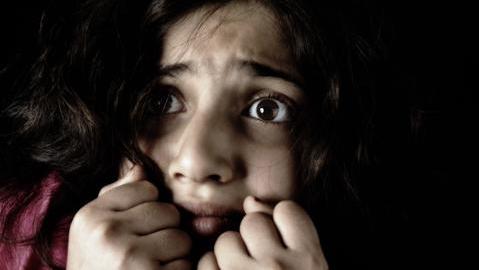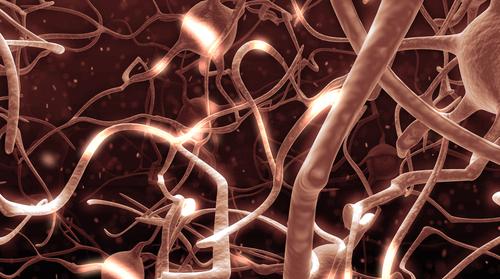When Is the Fear of Cancer Worse than Cancer Itself?

What’s the Latest Development?
According to a recent Harris poll, cancer is the most feared disease in America. That fear is reflected in our health policy, which allocates twice as much funding to cancer research as it does to heart disease, even though heart disease kills more people annually. And fear itself can have dire health consequences, whether it means patients submit to unnecessary treatments (for the sake of ridding their body of non-life-threatening cancers), or live under the stress created by fear which can contribute to the spread of their cancer. For this reason, some doctors have recommended that slow-growing prostate cancer no longer be labeled as a cancer.
What’s the Big Idea?
David Ropeik, an instructor in the Environmental Management Program of the Harvard Extension School, says our national fear of cancer has been, in part, historically determined. During the 50s and 60s, cancer came to occupy a central position in the public’s consciousness. That time period also coincided with the Cold War, and as the fear of a nuclear strike was due in part to the cancer-causing radiation of an atomic blast, the fear of cancer took on over-sized proportions. While Ropeik acknowledges that emotions influence our health decisions, he urges patients to consider the real risks of a given disease.
Photo credit: Shutterstock.com





